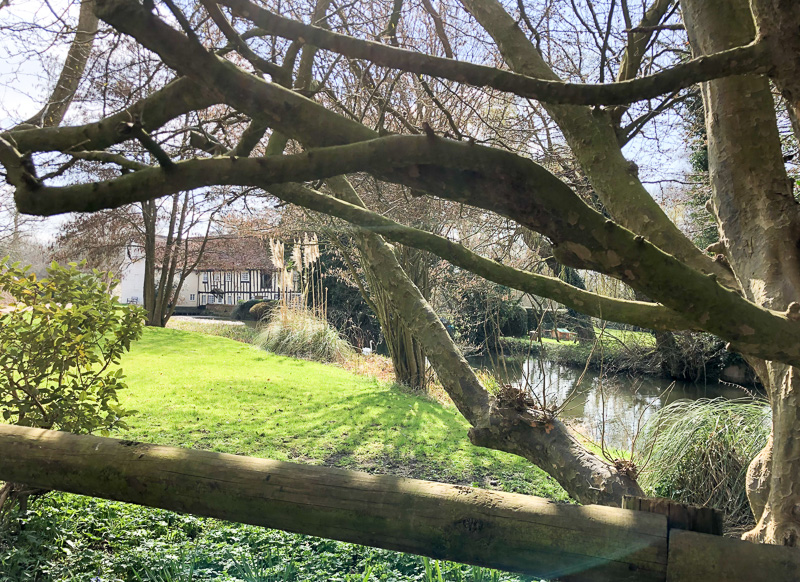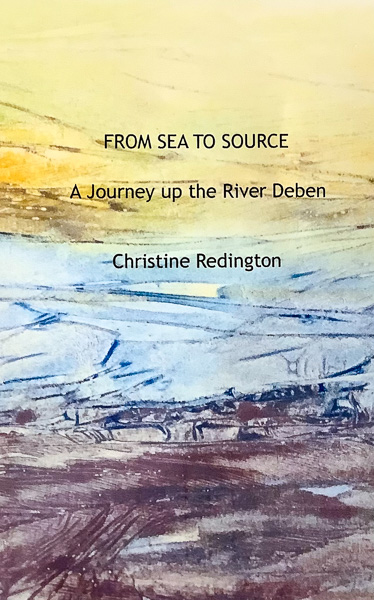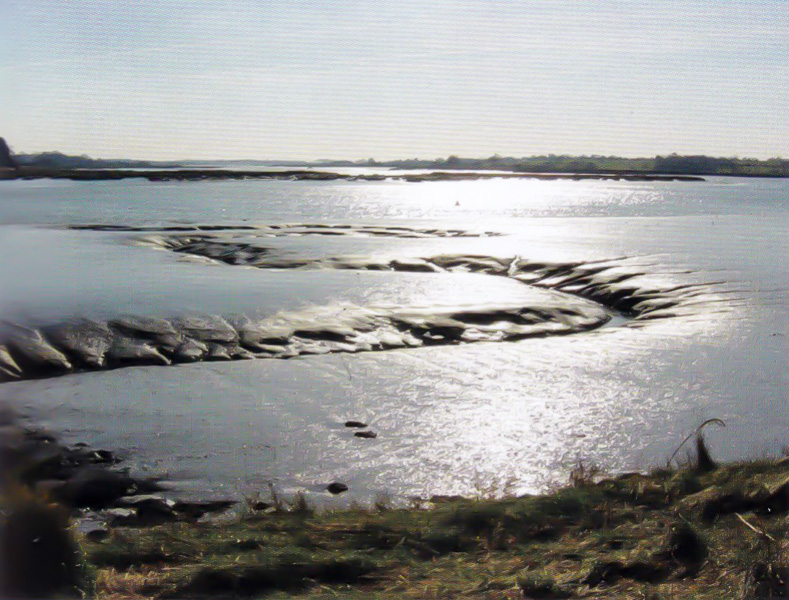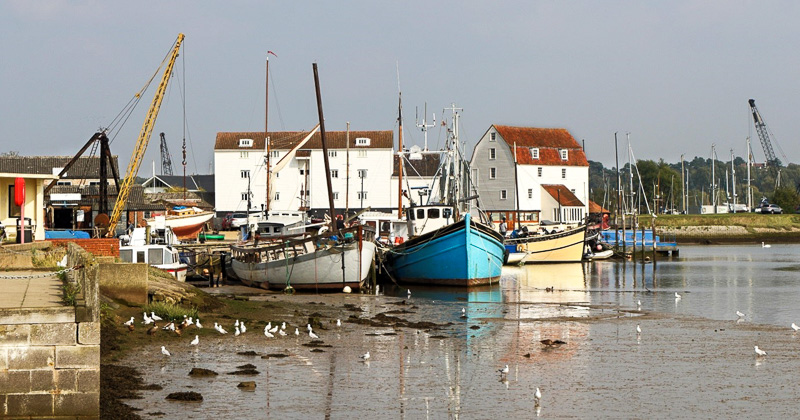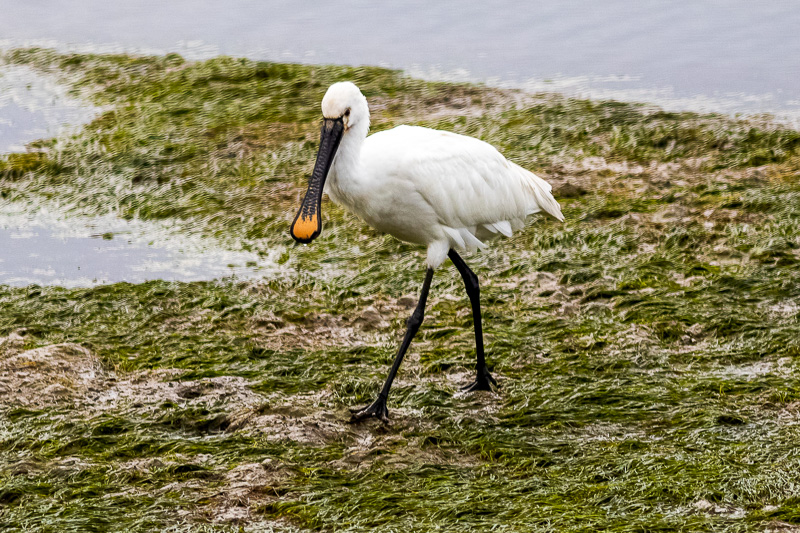From his family and from the Waldringfield History Group. Presented by Gareth Thomas (former chairman WHG)
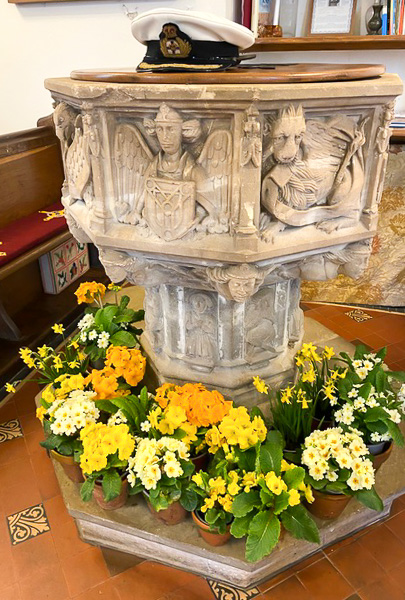 Captain Joseph Christopher Clark, who retired from the Merchant Navy in 1992, passed away peacefully at his home, Woodside, in Waldringfield on Sunday, February 20th. 2022, following a long and debilitating neurological illness. Throughout that illness he had been cared for, unstintingly, at home, by his wife, Kit, his family and a magnificent team of carers.
Captain Joseph Christopher Clark, who retired from the Merchant Navy in 1992, passed away peacefully at his home, Woodside, in Waldringfield on Sunday, February 20th. 2022, following a long and debilitating neurological illness. Throughout that illness he had been cared for, unstintingly, at home, by his wife, Kit, his family and a magnificent team of carers.
Joe was the founding Chairman of the Waldringfield History Group and, as his immediate successor, I have been given the honour of providing for the RDA Journal a tribute to this kind, unassuming, dry-witted gentleman, this stalwart of Waldringfield. Continue reading

